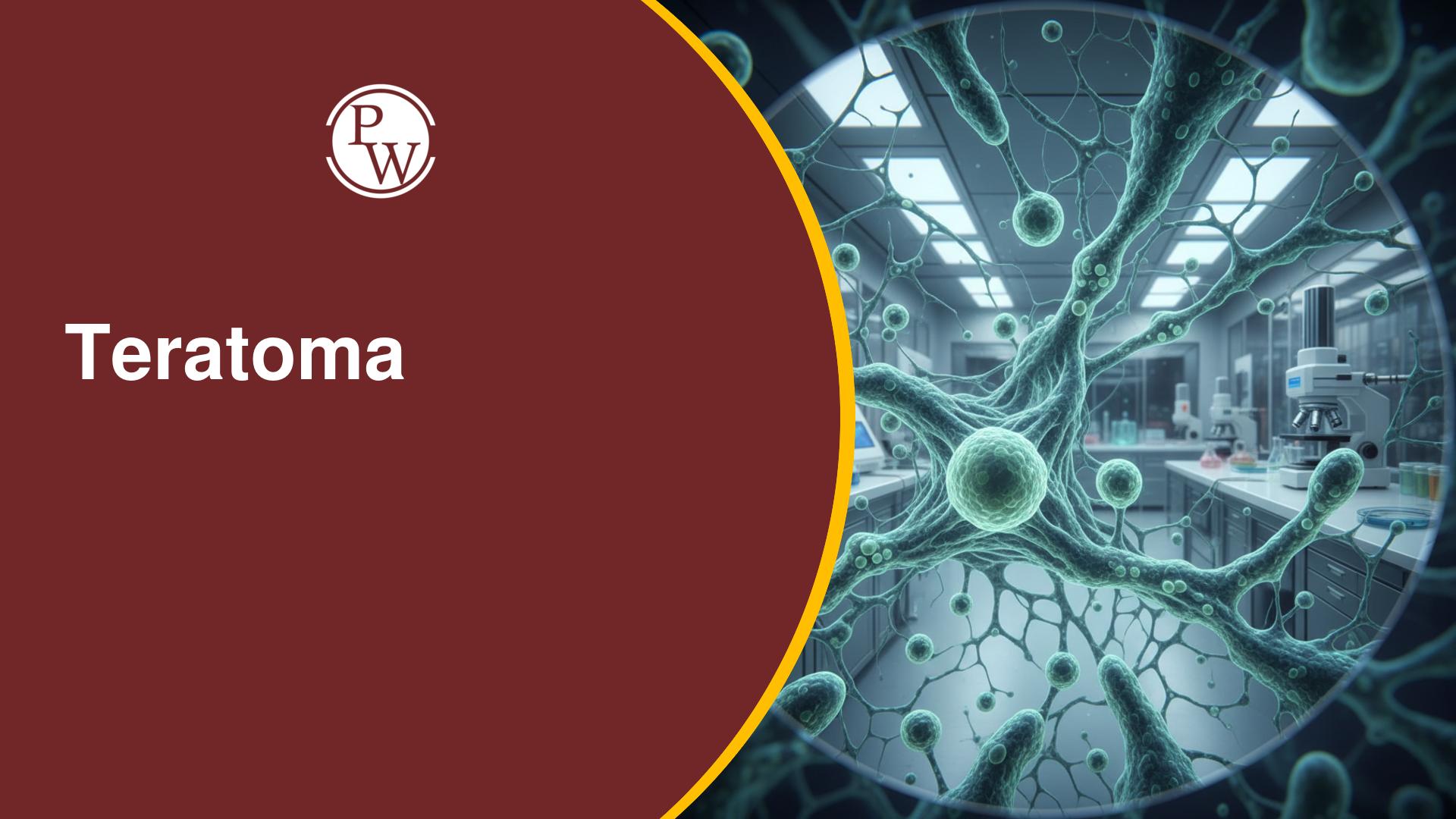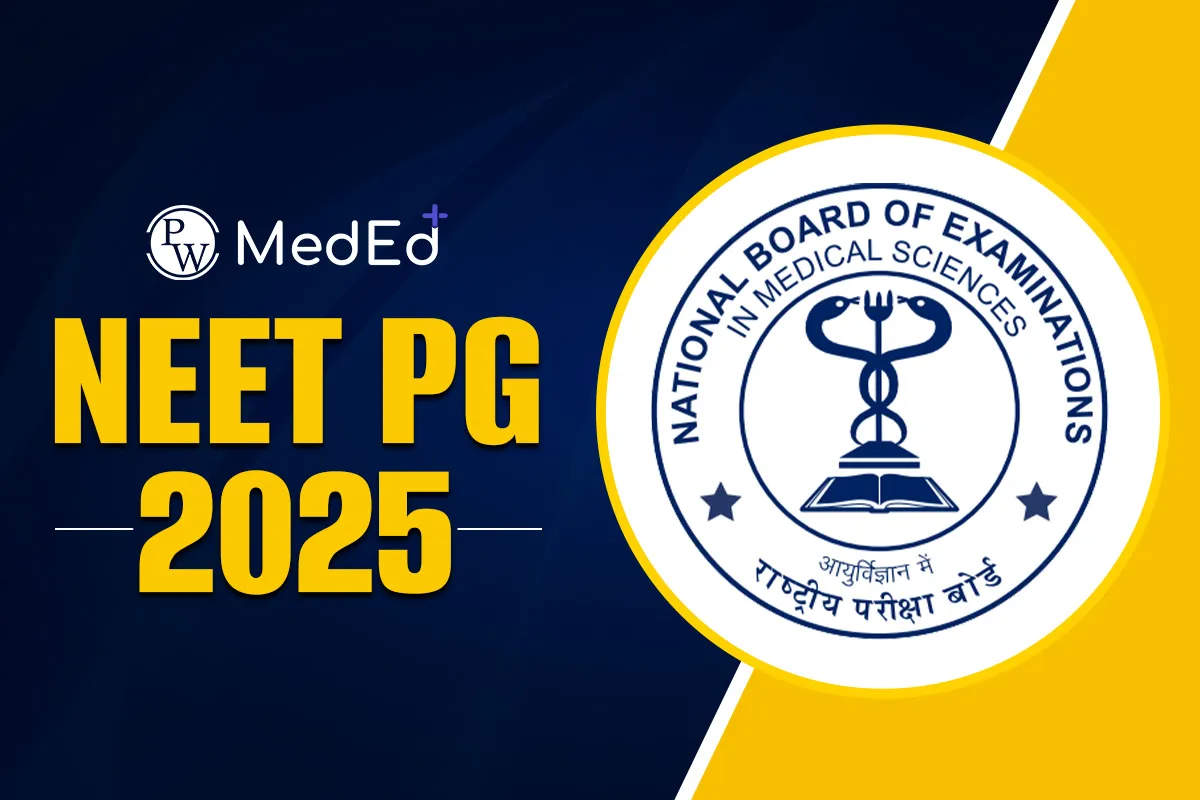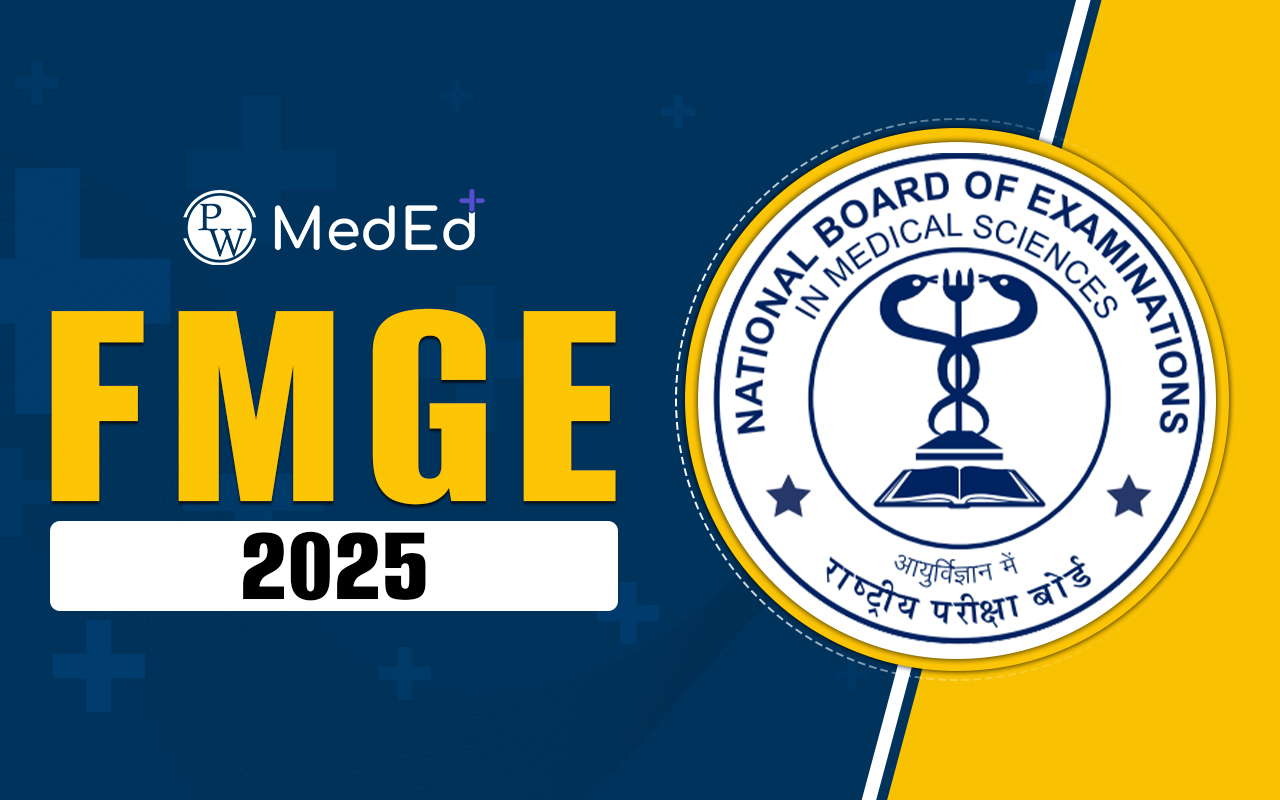
Anti-cancer drugs are medicines that are used to treat cancer. These medications are intended to slow down or completely stop the spread of cancer by specifically targeting the pathways involved in the growth and division of cancer cells.
Anti-cancer medications come in various forms, such as those used in immunotherapy, endocrine therapy, targeted therapy, chemotherapy, and bone marrow transplantation. Every medicine type has a unique set of advantages and disadvantages, and cancer treatment regimens frequently call for a combination of anti-cancer drugs.How do Anti Cancer Drugs Work?
Anti-cancer drugs generally work in three different ways, as mentioned below.- Damaging the DNA of the impacted cancer cells
- To prevent the cancer cells from replicating by stopping the production of new DNA strands.
- Prevent mitosis, or the division of the original cell to form two cells, which may eventually stop the cancer from spreading.
What are Targeted Anti-cancer Drugs?
Drugs intended to "target" cancer cells without harming healthy cells are called targeted anti-cancer drugs. Scientists have discovered that distinct malignancies often grow, develop, and thrive in diverse environments . Certain proteins or enzymes are present in some malignancies, and they help the cancer cell replicate and expand. The purpose of targeted anti-cancer drugs is to target these particular types of proteins or enzymes to prevent the spreading of cancer cells or even cause them to destroy themselves. Targeted therapy is a crucial kind of cancer treatment, although only a few types of cancer are treated using this method.The Action of Anti-Cancer Drugs
Targeted medication for cancer can function in the following ways:- Stop or block the chemical messages a cancer cell needs to divide and grow.
- Modify the cancer cells' proteins to cause them to die.
- Stop producing new blood vessels that nourish the cancer cells.
- Make your body's immune system strong enough to destroy the cancer cells.
- Transport toxins to cancerous cells to destroy them without affecting healthy cells.
Types of Anti-Cancer Drugs
The types of anti-cancer medicines used in chemotherapy include the following:Alkylating Substances
Alkylating chemicals break down cell DNA to prevent cell division. One particular class of alkylating agent is nitrosoureas, which has the ability to destroy cancer cells in the brain, which helps in the treatment of certain brain tumours.Antimetabolites
Antimetabolites can stop cancer cells from producing the genetic material that facilitates cell division and cancerous growth.Topoisomerase Inhibitors
Topoisomerase inhibitors stop DNA replication by suppressing the activity of an enzyme known as topoisomerase and prevent cancer cells from growing in number.Administering Anti-cancer Drugs by Chemotherapy
One of the most significant medication methods for cancer treatment is administering anti-cancer drugs through chemotherapy. Medical oncologists often recommend chemotherapy medications in addition to other cancer treatments. Certain chemotherapy drugs are more effective at killing cancer cells at particular stages of the cancer, while others may work at all stages. The treating doctor will decide on the actual dosage and the timing of administering the anti-cancer chemotherapy medicine. Because chemotherapy drugs target cancer cells differently, combining these drugs can boost the effectiveness of treatment.Advantages of Anti-Cancer Chemotherapy Drugs
Chemotherapy medications have effectively addressed the issues for many cancer patients. Cancers that were considered fatal can now be treated with the help of chemotherapy medications, which help a lot of people live longer. Chemotherapy drugs can benefit patients in the following ways:- Get rid of the cancer in your body and prevent it from recurring.
- Stop the spread of cancer to improve your quality of life.
- Reduces the symptoms and gives you relief from major illnesses.
Complications or Side-effects of Anti-Cancer Chemotherapy Drugs
Chemotherapy medications target the cells that quickly divide and replicate to form cancerous cells. Although chemotherapy primarily damages cancer cells, it can also harm fast-growing cells in your skin, hair follicles, mouth, digestive tract, and bone marrow. The following side effects could result from the chemotherapy treatment:- Exhaustion
- Diarrhea
- Hair fall
- Mouth ulcers
- Loss of appetite
- Vomiting, as well as nausea
Differences between Targeted Therapy and Chemotherapy Drugs
The targeted therapy drugs act in a different way than chemotherapy medications in the following ways:- Targeted therapy usually affects cancerous cells while sparing normal, healthy cells. Conventional chemotherapy can also harm healthy, normal cells in addition to harming and killing cancer cells.
- Targeted drugs prevent cancer cells from creating additional cancer cells and spreading the disease. At the same time, cancer cells are destroyed by conventional chemotherapy.
Two Major Types of Anti-Cancer Drugs
There are different types of anti-cancer drugs, out of which two special types of medicine are found to be quite effective for cancer treatment. These are Cytotoxic drugs and Tyrosine Kinase Inhibitors, as discussed below. Cytotoxic Drugs Cytotoxic drugs are administered through the bloodstream, destroying cancer cells to prevent proliferation . Cytotoxic medications have the ability to eradicate malignancies and improve the results of radiotherapy or surgery, thereby reducing the symptoms of cancer. Various cytotoxic medications are applied in cancer treatment, each with a unique set of effects. The most common approach involves administering a variety of cytotoxic medications through chemotherapy.Tyrosine Kinase Inhibitors
Tyrosine kinase inhibitors (TKI) are used as targeted medicine to treat several cancer types. Tyrosine kinase inhibitors restrain cell division and cancer growth by deactivating tyrosine kinase enzymes in the cells to prevent cell division and cancerous growth. Although tyrosine kinase inhibitors cannot cure cancer, they can minimize the spread of the disease and prolong the survival of certain cancer patients. The application of TKI inhibitors for treating chronic myeloid leukaemia (CML) is a prime illustration of their effectiveness. Tyrosine kinase inhibitors restrict abnormal enzyme signals to prevent the expansion of malignant myeloid cells, thereby preventing cancer from growing in the bone marrow. Tyrosine kinase inhibitors are targeted anti-cancer drugs that may be a viable alternative when other cancer treatments are ineffective. Anti-cancer drugs have brought significant advancements and effectiveness to cancer treatments, yielding positive outcomes. They are crucial for fighting against cancer and can be used as a primary treatment or in addition to other therapies. They can effectively target cancer cells to prevent expansion and extend your life. Your oncologist can treat you with the proper anti-cancer medications depending on the nature and stages of the disease to help you lead a cancer-free life. Need Guidance to prepare for the NEET PG 2024 exam? Download the PW Med Ed app now to get the best quality support from medical experts!Anti-cancer drugs FAQs
What is the typical frequency of chemotherapy treatment?
Chemotherapy treatment is generally given at an interval of 3 to 4 weeks.
What is the advantage of combining anti-cancer drugs in chemotherapy treatment?
Combining medications can minimize the chances of developing resistance to one particular medicine.
Why do chemotherapy medications cause side effects?
Anti-cancer medications in chemotherapy cause side effects because they can affect other fast-growing healthy cells besides destroying cancerous cells.
In what form are TKIs administered to cancer patients?
Tyrosine kinase inhibitors (TKIs) can be given as liquids or pills.
Why are targeted anti-cancer drugs called precision medications?
Targeted anti-cancer drugs are called precision medications because they can precisely target the fast-growing cancer cells and block their functions.
Talk to a counsellorHave doubts? Our support team will be happy to assist you!

Free Learning Resources
PW Books
Notes (Class 10-12)
PW Study Materials
Notes (Class 6-9)
Ncert Solutions
Govt Exams
Class 6th to 12th Online Courses
Govt Job Exams Courses
UPSC Coaching
Defence Exam Coaching
Gate Exam Coaching
Other Exams
Know about Physics Wallah
Physics Wallah is an Indian edtech platform that provides accessible & comprehensive learning experiences to students from Class 6th to postgraduate level. We also provide extensive NCERT solutions, sample paper, NEET, JEE Mains, BITSAT previous year papers & more such resources to students. Physics Wallah also caters to over 3.5 million registered students and over 78 lakh+ Youtube subscribers with 4.8 rating on its app.
We Stand Out because
We provide students with intensive courses with India’s qualified & experienced faculties & mentors. PW strives to make the learning experience comprehensive and accessible for students of all sections of society. We believe in empowering every single student who couldn't dream of a good career in engineering and medical field earlier.
Our Key Focus Areas
Physics Wallah's main focus is to make the learning experience as economical as possible for all students. With our affordable courses like Lakshya, Udaan and Arjuna and many others, we have been able to provide a platform for lakhs of aspirants. From providing Chemistry, Maths, Physics formula to giving e-books of eminent authors like RD Sharma, RS Aggarwal and Lakhmir Singh, PW focuses on every single student's need for preparation.
What Makes Us Different
Physics Wallah strives to develop a comprehensive pedagogical structure for students, where they get a state-of-the-art learning experience with study material and resources. Apart from catering students preparing for JEE Mains and NEET, PW also provides study material for each state board like Uttar Pradesh, Bihar, and others
Copyright © 2026 Physicswallah Limited All rights reserved.








